Jakarta, MINA — Dynamism of the economy until the third quarter of 2018 was high, but it remained under control, as the domestic economic fundamentals could be maintained.
Chairperson of the Financial System Stability Committee (KSSK) Sri Mulyani informed the press here on Thursday that the KSSK had closely monitored potential risks for the domestic economy in the form of the widening current account deficit, pressure on the rupiah, and also dependence on certain export commodities.
The government and Bank Indonesia (BI) are keen to keep the current account deficit below three percent of the gross domestic product this year.
Also Read: Saudi Arabia Wins Bid to Host World Expo 2030
“In the third quarter of 2018, financial system stability was relatively well-maintained or secure. The KSSK witnessed that the economic dynamism was still quite high. The dynamism of economic fundamentals was under controlled condition,” Mulyani stated at a press conference.
Mulyani remarked that indicators of the fundamentals that support financial system stability were economic growth that was still maintained above five percent, low inflation at a healthy level, adequate foreign exchange reserves, and rupiah volatility.
“The state budget (APBN) deficit has narrowed, and the primary balance is also better than the earlier periods,” Mulyani stated.
BI Governor Perry Warjiyo noted that several efforts had been made to maintain economic stability.
Also Read: 148 Products from Indonesia Promoted at Sarawat Superstore Jeddah
In the monetary sphere, the policies include the application of Domestic Non-Deliverable Forward (DNDF) or domestic currency markets to reduce the pressure of the rupiah exchange rate and increase currency hedging facilities.
Warjiyo acknowledged that the rupiah exchange rate was still overshadowed by global economic pressures. The BI governor remarked that from January until the end of October 2018, the rupiah exchange rate had depreciated 10 percent year to date.
“We focus on how to apply stable measures in order to maintain the stability of the rupiah exchange rate,” he stated.
Meanwhile, Chief Executive of the Banking Supervisory of the Financial Services Authority Heru Kristiyana explained that one of the problems discussed during the KSSK meeting was the challenge of tightening banking liquidity.
Also Read: Packaging Industry Supports Halal Ecosystem
The bank`s loan-to-deposit ratio (LDR) has reached 93 percent. This figure, if observed, exceeded the maximum LDR prudential regulation set by BI at 78-92 percent.
“We see the liquidity condition was tightening, but the buffer is maintained. However, in coordination with BI, we believe this economic momentum is still maintained,” Kristiyana added. (T/RS5/RS1)
Mi’raj Islamic News Agency (MINA)
Also Read: Indonesia-Japan Agree on Energy Transition Cooperation





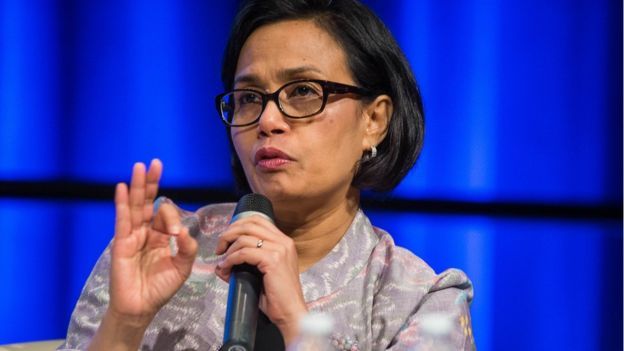


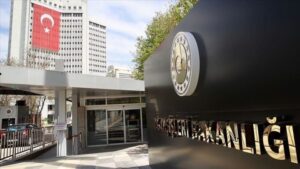







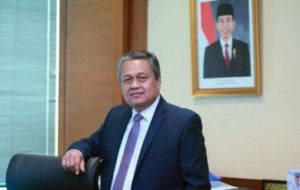
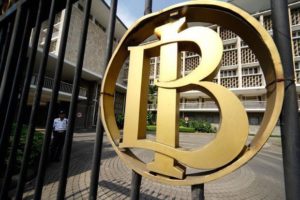
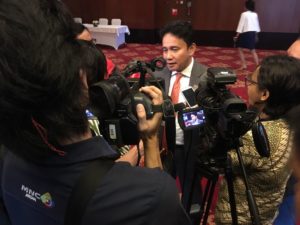
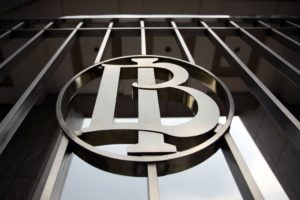
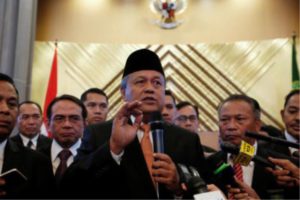





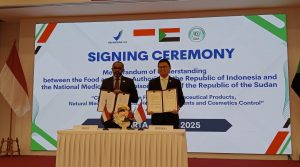


![MUI Chairman for Foreign Relations and International Cooperation, Sudarnoto Abdul Hakim (center) at the One Million Women for Gaza Press Conference entitled "Women Boycott Pro-Israel Products" held at the Swiss-Belinn Cawang Hotel, East Jakarta, Thursday (3/7/2025). [Photo: Arina/MINA]](https://en.minanews.net/wp-content/uploads/2025/07/20250703_144042-scaled-1-300x225.jpg)




 Mina Indonesia
Mina Indonesia Mina Arabic
Mina Arabic